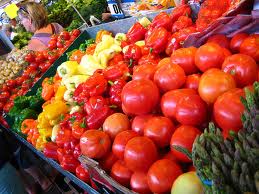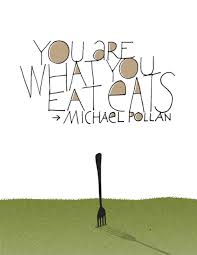|
The scientific journal Annual Reviews recently asked Dr. David Katz to review the evidence for a number of popular and well-researched diets, and decide if there is one that stands above them all as 'best for health'. Dr. Katz is the founding director of the prevention research centre at Yale University, and having read some of his articles in the past, he is a good candidate to provide such a review. The article by Katz and his colleague Stephanie Melle, entitled 'Can We Say What Diet Is Best For Health?', gives an insightful overview of the current literature on health outcomes of different diets. While there are far too many diets out there to review them all (a quick google search for 'best diet' returns nearly half a billion hits), Dr. Katz did his best to break them down into popular categories, such as low-carb, vegetarian, mediterranean, and paleo. See the table below for a summary. Which Diet is the Best? After comparing the research on these different diets, did they determine a winner? Not exactly. While there were health benefits shown in each of the diets, there was not one that was clearly the best. Instead, there were components and patterns that spanned across the different diets, and promoted the best health outcomes. Dr Katz' reply to the question, "can we say what diet is best for health?" "If diet denotes a very specific set of rigid principles, then [the answer is] a decisive no. If, however, by diet we mean a more general dietary pattern, a less rigid set of guiding principles, the answer reverts to an equally decisive yes." Dr Katz goes on to explain what these common principles are: "There are common elements across eating patterns that are proven to be beneficial to health" and that "a diet of minimally processed foods close to nature, predominantly plants, is decisively associated with health promotion and disease prevention." In other words: Eat food. Not too much. Mostly Plants. Where's The Beef? Although the recommendation is to eat mostly plants, some people enjoy meat and feel better when they eat it. Dr. Katz recommends that your meat also eats mostly plants, as the composition of meat and milk are as much influenced by diet as we are. So choose grass-fed meat, milk and butter if you do indeed eat it. And if you are concerned about the higher cost of better quality meat, remember the middle section of Michael Pollan's food rules: "Not too much." In other words: spend more, eat less. Final Thoughts
Choosing a 'best diet' is not a mutually exclusive selection. Some people like the idea of a paleo diet, others feel better when they go gluten free. It's all about individual choice, and doing what makes you feel great. However, the bottom line of eating as close to nature as possible and more plants is as simple as it is sound advice. One final thought I would like to add in - the 80:20 rule. If you try to eat perfectly 100% of the time, you are bound to eventually succumb (unless you are super-human and/or a robot), and the feelings of guilt and failure are likely far worse for your health than whatever 'bad food' you ate. So strive for balance - eating real, whole food most of the time - but allow yourself a little indulgence for the soul every now and then. Doctors orders ;) In health, Dr. T
0 Comments
Leave a Reply. |
AuthorDr. Tomah Phillips, ND Archives
April 2020
Categories
All
|




 RSS Feed
RSS Feed